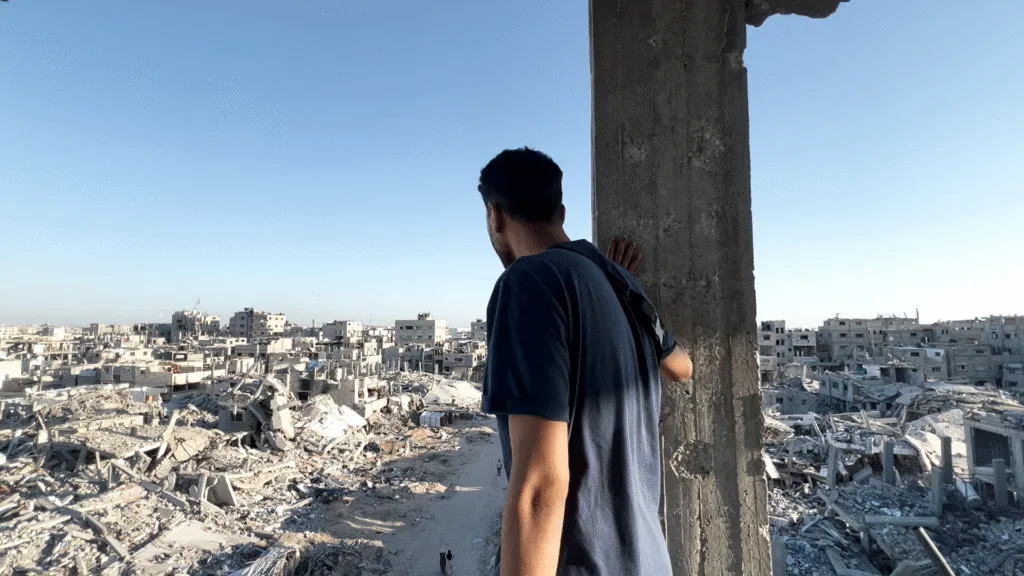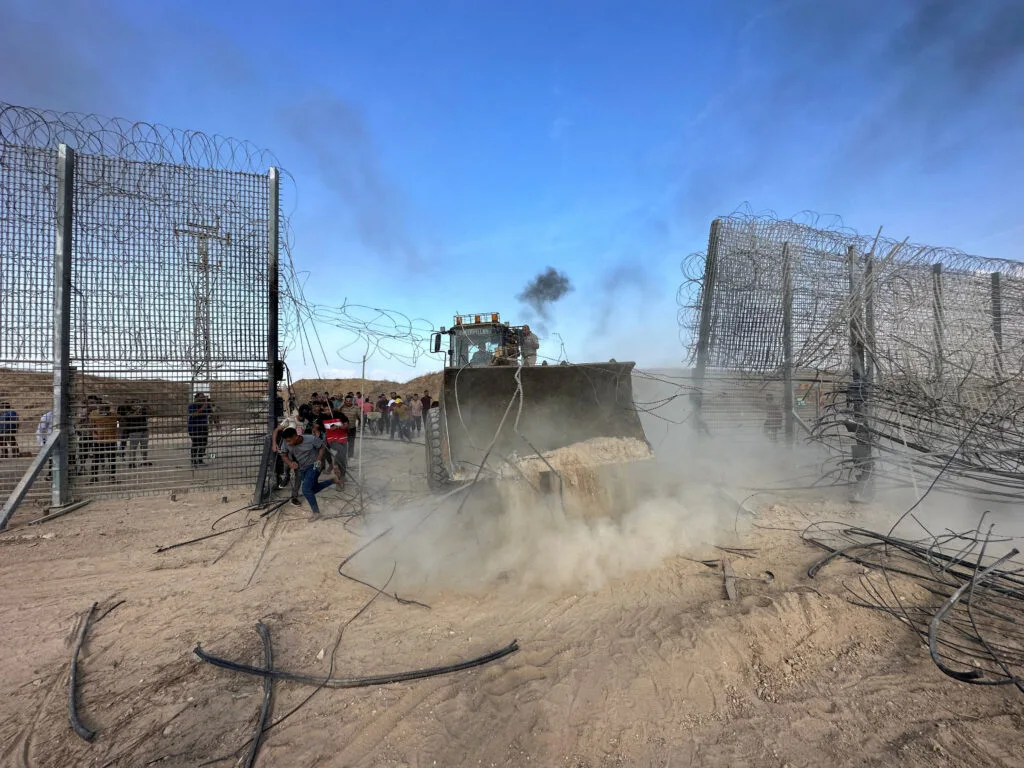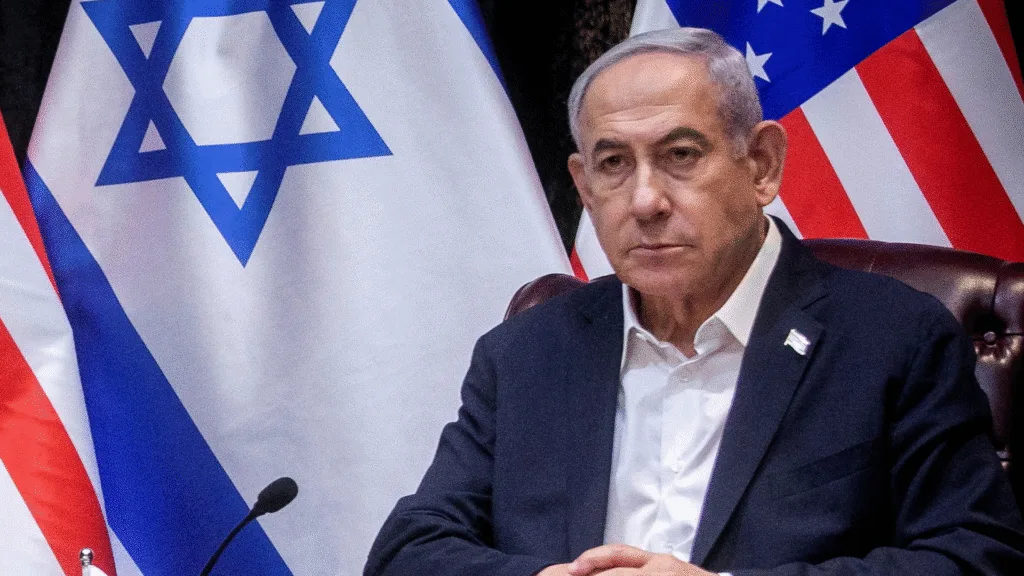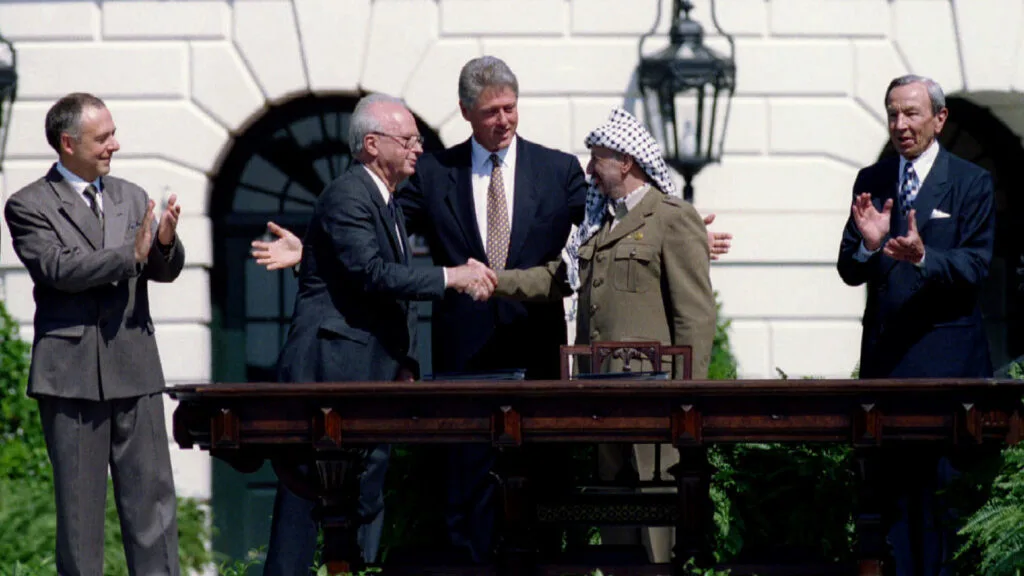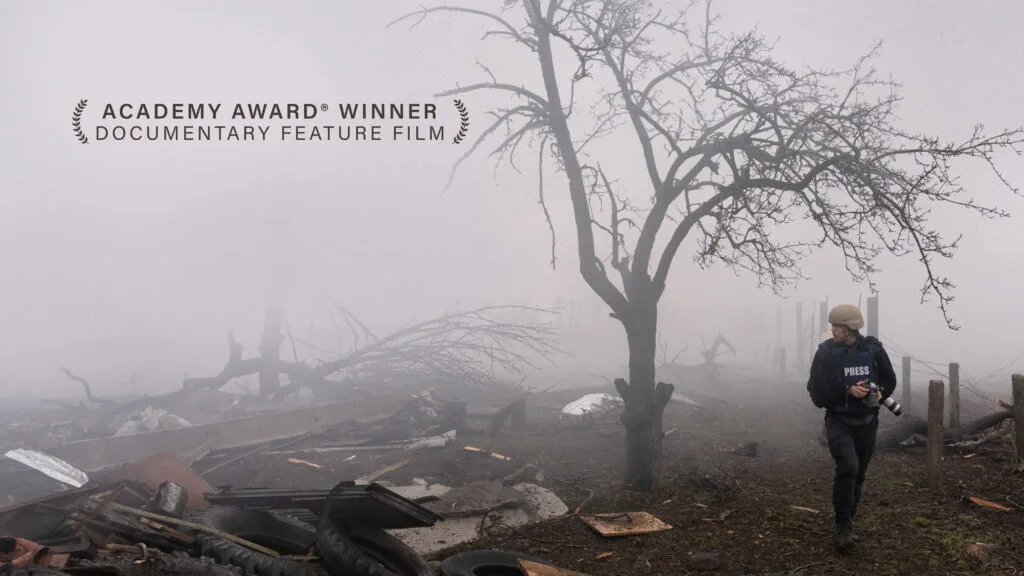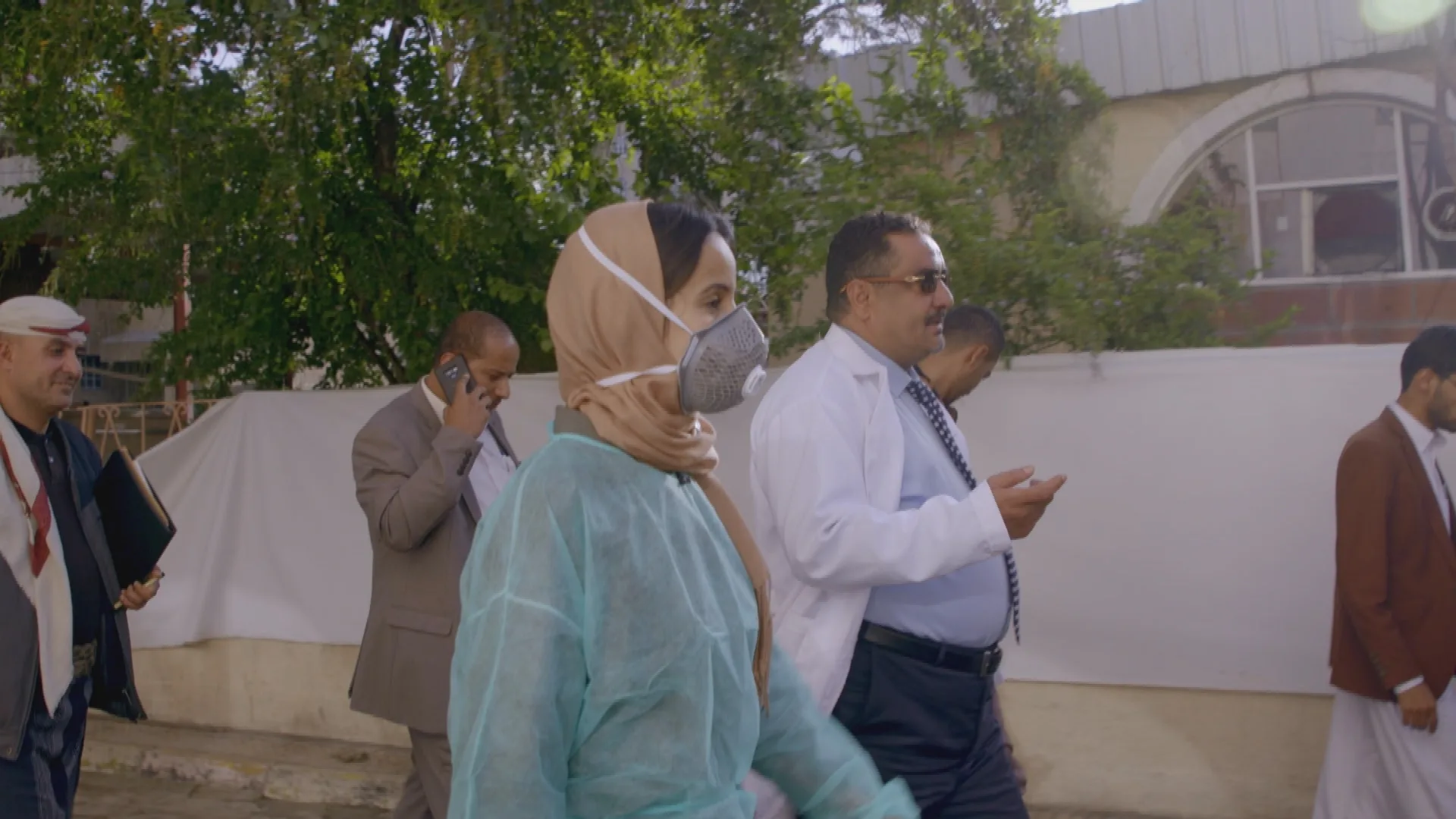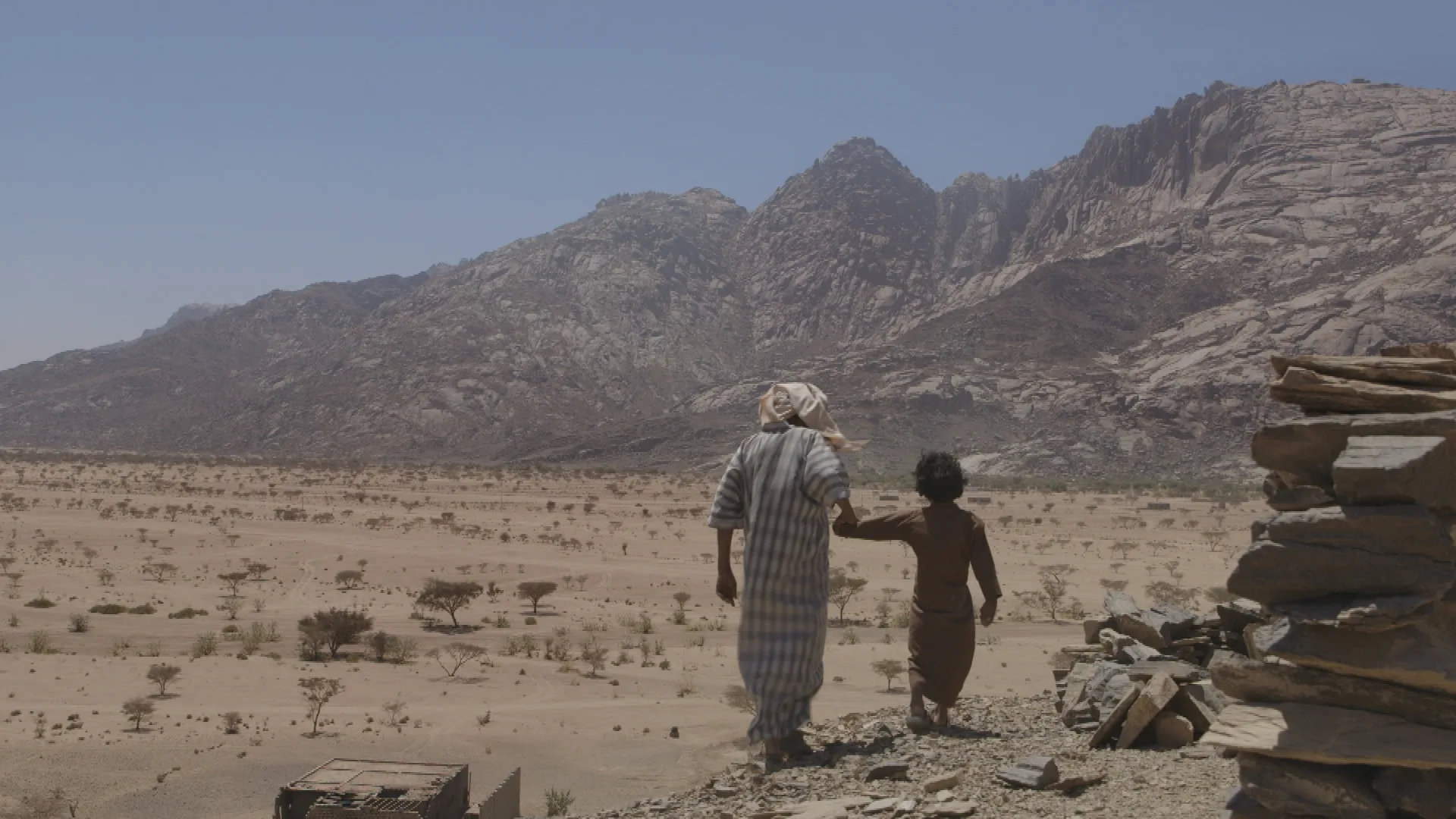Biden Announces End to U.S. Support for Offensives in War-Torn Yemen
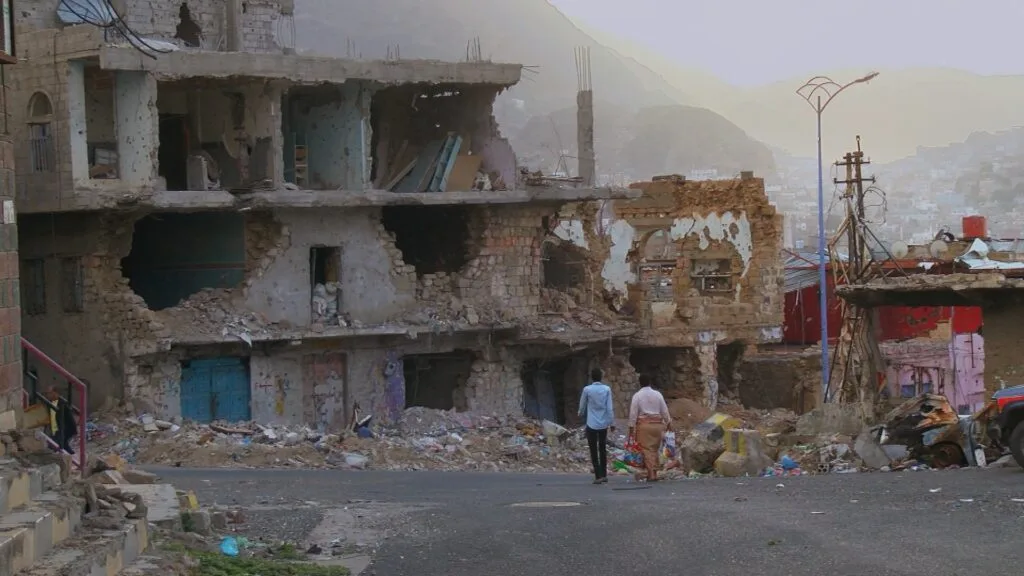
February 4, 2021
Share
President Joe Biden announced today that the United States will end support for Saudi-led offensives in Yemen, citing a war that has “created a humanitarian and strategic catastrophe” in what is the poorest Arab country.
In remarks delivered at the State Department, President Biden called for a cease-fire and to restore “long dormant” peace talks. He also said the U.S. would no longer provide “relevant” arm sales, without naming countries, but would still support Saudi Arabia’s “sovereignty and territorial integrity.” Along with the United Arab Emirates, Saudi Arabia has led a coalition against Yemen’s current leadership, an Iranian-backed Houthi rebel group.
In his speech, President Biden named Timothy Lenderking as U.S. special envoy to Yemen.
Lenderking will collaborate with the United Nations envoy to improve diplomatic relations and work towards an end to the war. Yemen — which the UN has described as the site of the world’s “worst humanitarian crisis” — had already seen years of strife and conflict when COVID-19 hit, as explored in a new FRONTLINE documentary, Yemen’s COVID Cover-Up, premiering Tuesday, Feb. 9 on PBS.
President Biden’s announcement comes less than one month after Mike Pompeo, the former secretary of state under the Trump administration, designated the Houthi rebel group as a terrorist organization, despite criticism from diplomats and aid groups that the designation would worsen the humanitarian situation in Yemen.
FRONTLINE has covered the war in Yemen since it began. The war escalated after the Iranian-backed Houthi captured the northern capital, Sanaa, in 2014. Under the Trump administration, the U.S. supported a coalition led by Saudi Arabia and the United Arab Emirates in battling the Houthi insurgency, in what is widely understood as a proxy war between Saudi Arabia and Iran. More than 18,400 civilians have been killed in the violence, according to the nonprofit Yemen Data Project.
As the conflict in Yemen escalated, over 24 million people — approximately 80% of the population — came to rely on some form of humanitarian assistance, according to the United Nations Populations Fund. About 16 million people in Yemen are food insecure, according to the UN’s World Food Programme.
Experts on U.S. foreign policy told FRONTLINE they view the moves outlined by Biden as positive but urge the U.S. government not to forget its role in the conflict.
“The halt to support for offensive operations in Yemen is a welcome step by the U.S. government, sending an important message to Saudi Arabia and the UAE that their war crimes will not go unnoticed,” Andrea Prasow, deputy Washington director at Human Rights Watch, told FRONTLINE. “But the U.S. can and should do more, including conducting a thorough examination of its own potential culpability for war crimes committed in Yemen, and demand that all parties to the conflict be held to account.”
The UAE withdrew ground troops in 2019 but maintained air operations, regularly using U.S.-made bombs. Human Rights Watch has accused the involved armed parties of having committed violations against the laws of war.
The Trump administration escalated the counterrorism fight against Yemen’s wing of Al Qaeda with increased ground raids and drone strikes — a policy FRONTLINE correspondent Safa Al Ahmad investigated, along with its repercussions on civilians, in the 2019 documentary Targeting Yemen.
In August 2020, the Office of the U.S. Inspector General issued a report that found “the [State] Department did not fully assess risks and implement mitigation measures to reduce civilian casualties” from arms sales to Saudi Arabia.
Kristine Beckerle, legal director for accountability and redress at Mwatana for Human Rights, a Yemen-based advocacy group, told FRONTLINE the U.S. shift is an important one but “doesn’t erase the last six years.”
“This announcement doesn’t end the conflict — far from it — but after more than six years of war, Mwatana very much hopes the U.S. is finally going to push paths to peace, accountability and reparations, rather than fueling more conflict.”
For more reporting on Yemen, watch Yemen’s COVID Cover-Up when it premieres on FRONTLINE Tuesday, Feb. 9 on PBS (check local listings) and online.

Related Documentaries
Latest Documentaries
Related Stories
Related Stories
Explore
Policies
Teacher Center
Funding for FRONTLINE is provided through the support of PBS viewers and by the Corporation for Public Broadcasting, with major support from Ford Foundation. Additional funding is provided the Abrams Foundation, Park Foundation, John D. and Catherine T. MacArthur Foundation, Heising-Simons Foundation, and the FRONTLINE Trust, with major support from Jon and Jo Ann Hagler on behalf of the Jon L. Hagler Foundation, and additional support from Koo and Patricia Yuen. FRONTLINE is a registered trademark of WGBH Educational Foundation. Web Site Copyright ©1995-2025 WGBH Educational Foundation. PBS is a 501(c)(3) not-for-profit organization.




